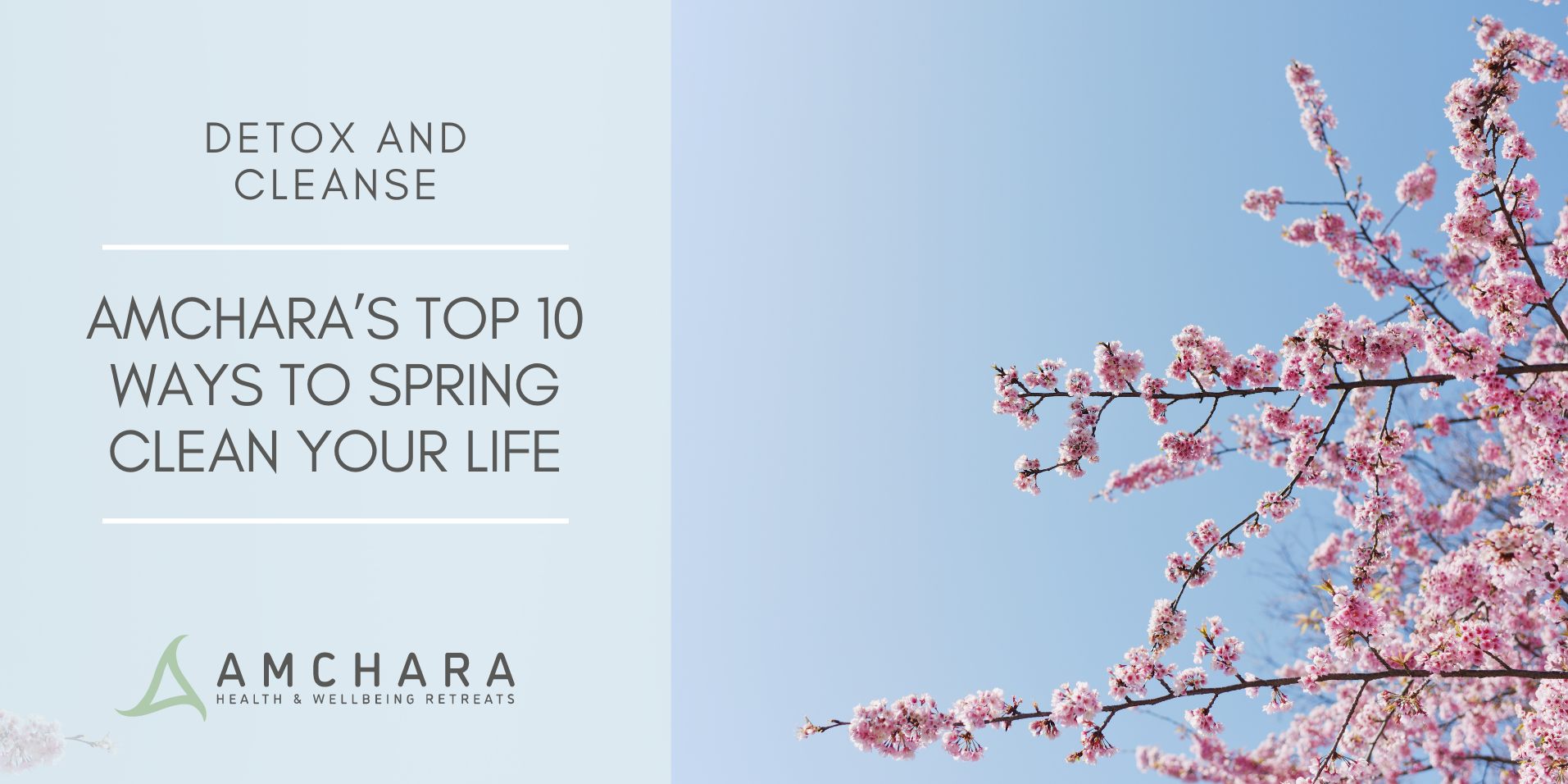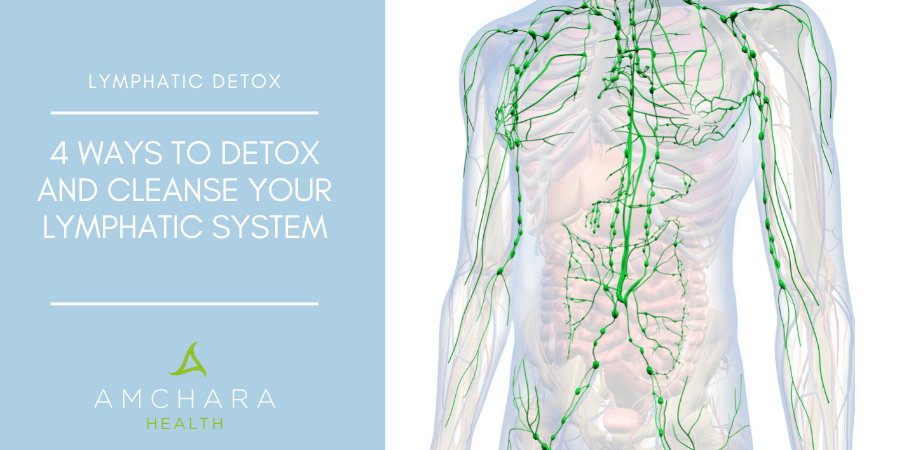Rosehips are the pseudo-fruits that develop from the blossoms of the wild rose (Rosa genus) in the Rosacea family.
There are around 100 Rosa species which are widely distributed across, Europe, Asia and North America and the Middle East.
The Rosa canina species is abundant in Europe and is the most widely studied.
The ‘hips’ are picked in the autumn when ripe and have traditionally been used in teas, jams and jellies.
But more recently have attracted interest from the scientific community due to the high levels of bioactive compounds they contain which appear to offer significant nutritional health benefits.
Over the last few years, there has been much interest in rosehip.
As a consequence of recent research (1) that have studied its potential therapeutic applications for a range of common health complaints including:
-
inflammatory disorders
-
arthritis
-
skin disorders
-
hepatotoxicity
-
obesity
-
diabetes
-
hyperlipidaemia and cancer.
Scientists have discovered that Rosehips are rich in a number of important nutrients that include:
-
polyphenols (triterpene acids, flavonoids, catechin, proanthocyanidins)
-
essential fatty acids minerals (calcium, magnesium, selenium, potassium, manganese, sulphur, iron, silicon)
-
folate
-
vitamin A, C and E
-
galactolipid
-
among other bioactive substances.
Furthermore it has been found that extracts from rosehips possess:
-
antioxidant
-
neuroprotective
-
anti-inflammatory
-
immunomodulation
-
cardioprotective
-
antidiabetic
-
anti-cancer
-
and antimicrobial properties
Rosehip’s therapeutic benefits are thought to be due to a combination of properties including its powerful antioxidant activities, an ability to inhibit fat accumulation in fat cells and its role in blocking inflammatory pathways.
Studies 2 have also found that rosehip extract interferes with the production of specific enzymes that are involved in breaking down cartilage.
5 Health Benefits of Rosehip
#1. Joint Pain
Gout is the most common inflammatory arthritic condition worldwide, caused by high levels of uric acid in the blood.
This generates uric acid crystals which become lodged around the joints resulting in considerable inflammation and tissue damage leading to episodes of extreme pain.
Uric acid is a by-product of the breakdown of compounds in some foods known as purines.
A high intake of purines in the diet or difficulty excreting uric acid can lead to gout.
Rosehip extract has been used traditionally to manage excess uric acid as it has a natural diuretic action, helping the kidneys to clear excess uric acid via the urine.
Additionally the anti-inflammatory and antioxidant properties of rosehips are important in alleviating tissue damage in areas with inflammation and this has been seen in several studies.
Research evidence indicates that supplementation with extract of rosehip significantly decreases pain and improves physical function in those with either osteoarthritis or rheumatoid arthritis.
It may also decrease the consumption of synthetic pain killers.
#2. Obesity
Obesity is a growing problem throughout the world and carries a strong risk of insulin resistance and type 2 diabetes.
Excessive fat accumulation particularly in the visceral fat cells can lead to hypertension, arteriosclerosis and hyperlipidaemia which can induce fatal heart conditions.
The key to controlling these metabolic disorders is to reduce visceral fat and optimise energy with a carefully monitored diet.
Rosehip extract is emerging as a useful therapeutic tool alongside a weight management regime.
Researchers have found that tiliroside, one of the main constituents of rosehip seeds accelerates fat metabolism in the liver as well as improving glucose clearance and is considered to have anti-obesity and anti-diabetic effects.
In a recent study 32 volunteers with a BMI index >25 were given either a placebo or one tablet containing 100mg rosehip extract each day for 12 weeks with no dietary restrictions.
It was found that total abdominal fat, abdominal visceral fat, body weight, and body mass index decreased significantly in the rosehip group at week 12 compared with their pre-trial measurements.
Moreover, the abdominal subcutaneous fat was significantly lower in the rosehip group than in the placebo group at week 12.
The findings indicate that the anti-obesity effects of rosehip extract or tiliroside are due to the inhibition of fat accumulation in adipose tissue and also the stimulation of fatty acid oxidation.
#3. Antimicrobial
Rosehips are thought to have antimicrobial properties due to their triterpene constituents but also because they have a high vitamin C content which is well known for its use as a cold and flu remedy.
Research shows that vitamin C works because it aids the action of white blood cells called neutrophils that defend against infections.
Vitamin C also supports the generation of lymphocytes another kind of white blood cell which is needed to produce antibodies and co-ordinate the immune system.
In much greater amounts vitamin C has also been shown to play a key role in the production of special substances called interferons which help to trigger immune responses to viral attacks.
#4. Breast Cancer
Findings from current research brings hope to sufferers of triple negative breast cancer.
In one study a rosehip extract was found to significantly slow down the growth and migration of cells from this particularly aggressive form of breast cancer.
This type of cancer tends to affect specific groups, most often young women and those of African-American or Hispanic heritage and does not normally respond well to typical cancer treatments.
The rosehip extract was also shown to enhance the ability of a commonly used chemotherapy drug to reduce cell proliferation and migration – which suggests it, may be particularly beneficial within an overall treatment regime for patients with triple negative breast cancer.
It is thought that the antioxidant content of rosehips is responsible for the anti-proliferative effects in this type of cancer.
#5. Helicobacter Pylori (H Pylori)
Research has identified that the rosehip extract Rosa Canina, has anti-ulcerogenic properties in particular against H Pylori.
Results from several studies have found that specific carotenoids from Rosa canina are responsible for the anti-H Pylori activity.
The researchers observed that the antioxidant activity of lycopene – one of the most abundant carotenoids found, was a key factor in eradicating H Pylori.
Lycopene is able to prevent oxidative stress-induced DNA damage in infected gastric cells which would normally result in apoptosis (cell death).
Findings from numerous studies suggest that Rosa canina offers a potential therapeutic tool in ulcer treatment but also as a preventative measure by reducing H Pylori before damage is apparent.
CAUTIONS
Rosehip is generally considered safe when taken orally.
There is no evidence to confirm that rosehip extracts are safe to take during pregnancy therefore it should be avoided.
There have been no reports of adverse effects from taking rosehips, except for those with known allergies.
DOSAGE
The fruits, and occasionally seeds of rosehips are either ground up into a powder or made into tea, but are also found in supplement form.
The standard dose for rose hip is 5-10g a day, divided into two doses. Up to 40g a day has been used safely in studies with no toxic effects.
Rose hip should be taken with meals.
READ THIS NEXT:
REFERENCES
-
Andersson S et al. Carotenoid content and composition in rose hips (Rosa spp.) during ripening, determination of suitable maturity marker and implications for health promoting food products. Food Chemistry 2011; 128, (3): 689-69.
-
https://www.drugs.com/npp/rose-hips.html [Accessed 5.9.17.]
-
https://examine.com/supplements/rose-hip/ [Accessed 5.9.17.]
-
Bartram T (1998). Bartrams Encyclopedia of Herbal Medicine. Robinson Publishing Ltd: UK.
-
Çınar, I. and Çolakoğlu, A.S. (2005). Potential Health Benefits Of Rose Hip Products. Acta Hortic. 690, 253-258.
-
Chrubasik C, Duke RK, Chrubasik S. The evidence for clinical efficacy of rose hip and seed: a systematic review. Phytotherapy Research 2006; 20(1):1–3.
-
Coleman S, Ekholm A, Renvert S et al. Research Article Erythrocyte Antioxidant Protection of Rose Hips (Rosa spp.) Oxidative Medicine and Cellular Longevity Volume 2012, Article ID 621579; 1-8. doi:10.1155/2012/621579.
-
Federation of American Societies for Experimental Biology (FASEB). “Natural extract shows promise for preventing breast cancer, study suggests.” ScienceDaily. ScienceDaily, 29 March 2015. <www.sciencedaily.com/releases/2015/03/150329141007.htm>.
-
Mármol I, Sánchez-de-Diego C, Jiménez-Moreno N, Ancín-Azpilicueta C, Rodríguez-Yoldi MJ. Therapeutic Applications of Rose Hips from Different RosaSpecies. Speranza L, Quiles JL, Franceschelli S, eds. International Journal of Molecular Sciences. 2017;18(6):1137. doi:10.3390/ijms18061137.
-
Nagatomo A, Nishida N, Matsuura Y & Shibata N. Rosehip Extract Inhibits Lipid Accumulation in White Adipose Tissue by Suppressing the Expression of Peroxisome Proliferator-activated Receptor Gamma. Preventive Nutrition and Food Science. 2013;18 (2):85-91.
-
Nagatomo A, Nishida N, Fukuhara I, et al. Daily intake of rosehip extract decreases abdominal visceral fat in preobese subjects: a randomized, double-blind, placebo-controlled clinical trial. Diabetes, Metabolic Syndrome and Obesity: Targets and Therapy. 2015;8:147-156.
-
Patel S. Rose hip as an underutilized functional food: Evidence-based review. Trends in Food Science & Technology 2017; (63): 29-38.
-
Rein E, Kharazmi A, Winther K. A herbal remedy, Hyben Vital (stand. Powder of a subspecies of Rosa canina fruits), reduces pain and improves general wellbeing in participants with osteoarthritis – a double-blind, placebo-controlled, randomised trial. Phytomedicine 2004; 11(5):383–91.
-
Rossnagel K, Roll S, Willich SN. [The clinical effectiveness of rosehip powder in participants with osteoarthritis. A systematic review.] MMW – Fortschritte der Medizin 2007; 149(11):51–56. [Article in German].
-
SCIENTIFIC COMPENDIUM ON ROSE HIP POWDER. A new Opportunity for Joint Health. The Evidence for Clinical Efficacy of Rose Hip and Seed: A Systematic Review C. Chrubasik1 , R. K. Duke2,3 and S. Chrubasik1,3.
-
Warholm O, Skaar S, Hedman E, Molmen HM, Eik L. The effects of a standardized herbal remedy made from a subtype of Rosa canina in participants with osteoarthritis: a double-blind, randomised, placebo-controlled clinical trial. Current Therapeutic Research 2003; 64:21–31.
-
Willich SN, Rossangel K, Roll S, Wagner A, Mune O, Erlendson J, Kharazmi A, Sörensen H, Winther K. Rose hip herbal remedy in participants with rheumatoid arthritis – a randomised controlled trial. Phytomedicine 2010; 17:87–93.
-
Winther K, Apel K, Thamsborg G. A powder made from seeds and shells of a rosehip subspecies (Rosa canina) reduces symptoms of knee and hip osteoarthritis: a randomised, double-blind, placebo-controlled clinical trial. Scandinavian Journal of Rheumatology 2005; 34(4):302–08.




